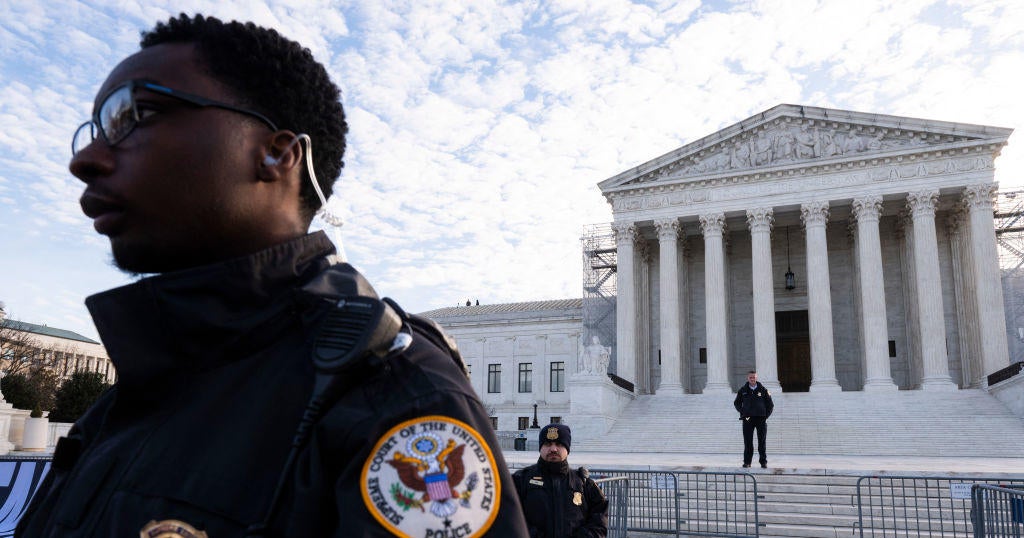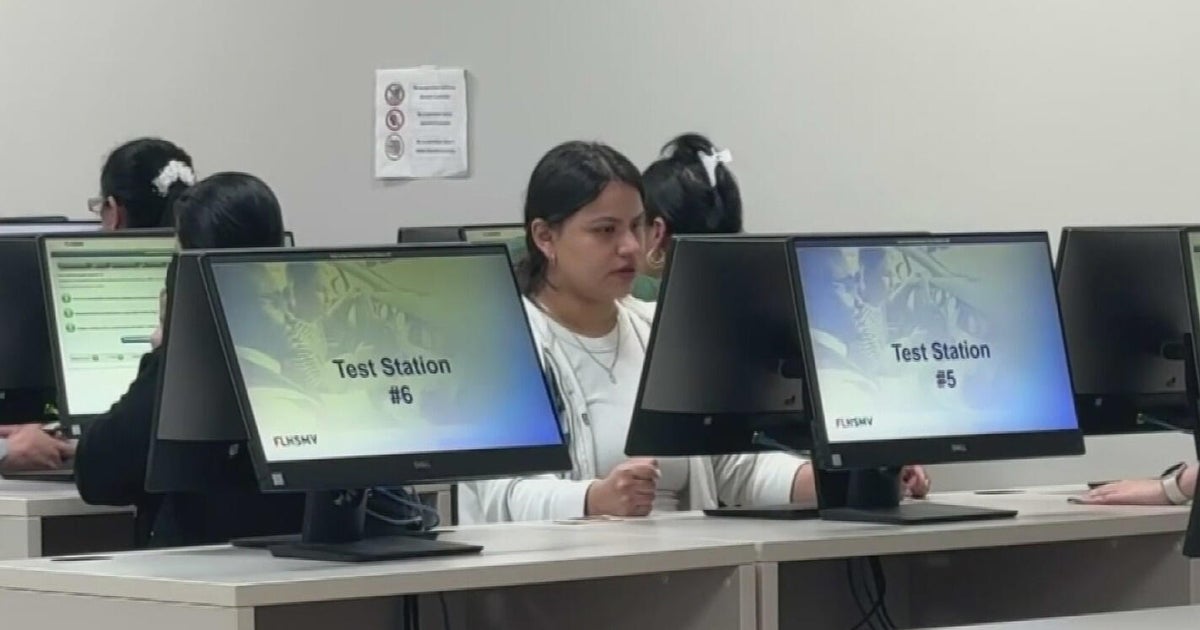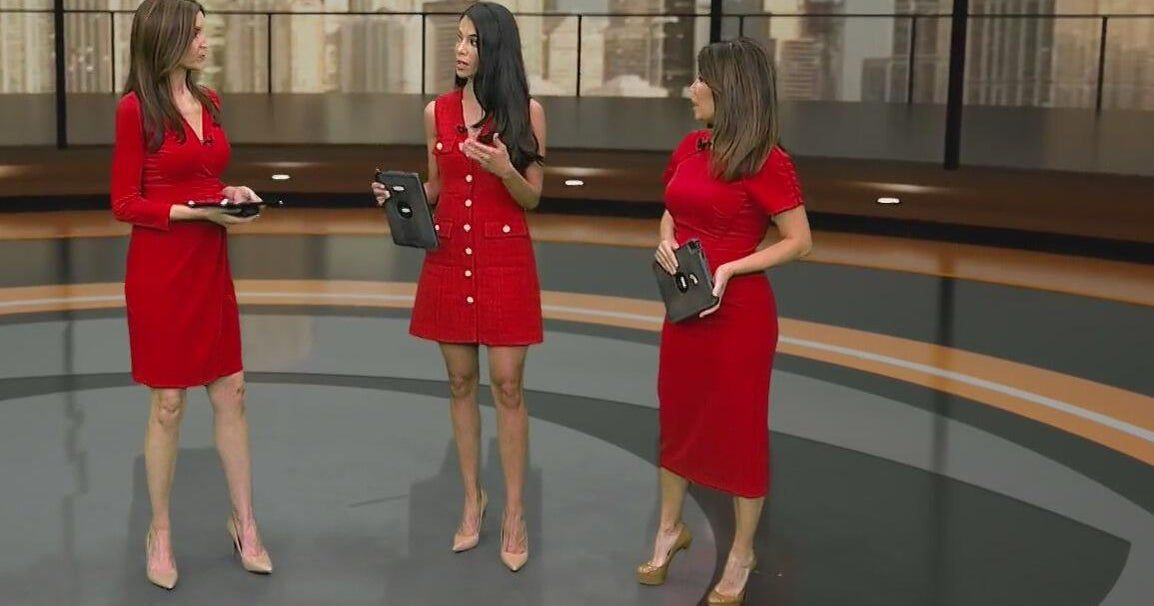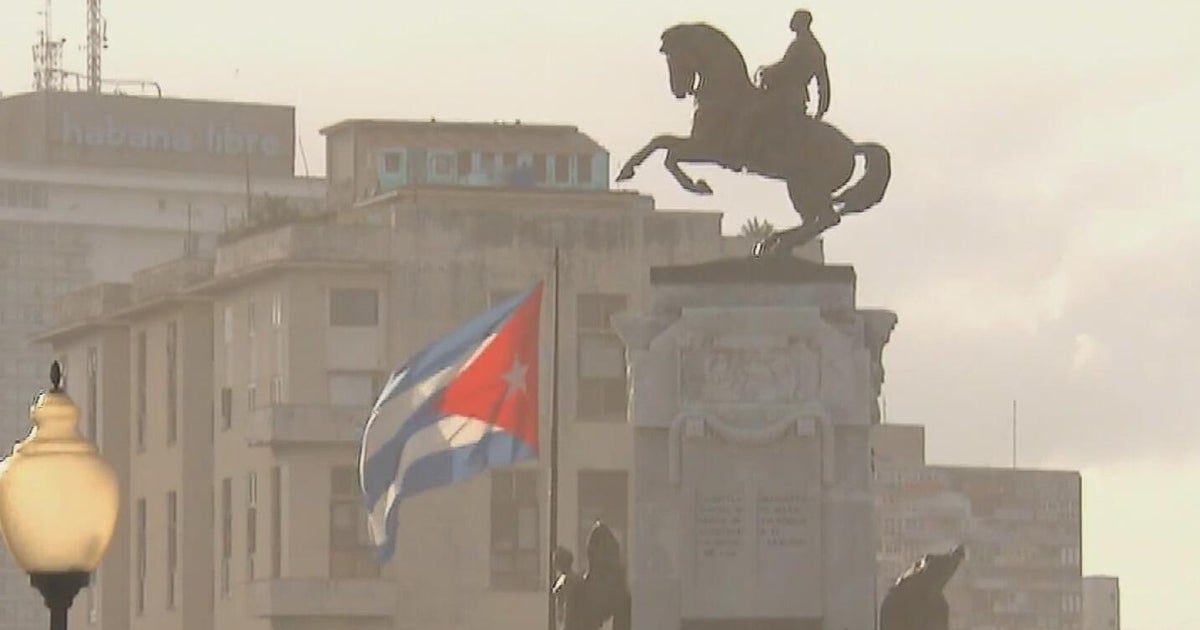Washington — The Supreme Courtroom is hearing oral arguments over irrespective of whether former President Donald Trump is ineligible for a next time period in the White Dwelling, a dispute that puts the nine justices into new legal territory and could have sweeping implications for the 2024 presidential race.
The case in advance of the significant court docket, known as Trump v. Anderson, will involve whether or not Trump is disqualified from holding the presidency again since of his conduct encompassing the Jan. 6, 2021, assault on the U.S. Capitol. The result is envisioned to reverberate throughout all 50 states, due to the fact it could clarify whether or not Trump can be integrated on the primary and normal election ballots.
Audio of the oral arguments is staying stay-streamed in the participant at the leading of this page. Eighty minutes are allotted, though the proceedings are envisioned to final lengthier. Jonathan Mitchell, a Texas-primarily based attorney, is arguing on behalf of Trump, and Jason Murray, who tactics in Denver, is showing for the six Colorado voters who challenged Trump’s eligibility. Colorado Solicitor Normal Shannon Stevenson will also argue for Secretary of Condition Jena Griswold.
Oral arguments in the Colorado Trump situation
ROBERTO SCHMIDT/AFP through Getty Photos
The scenario arose out of the lawsuit the Colorado voters submitted in the tumble, which invoked a rarely utilized provision of a constitutional modification handed in 1868 that was intended to preserve previous Confederates from keeping community office.
Regarded as the insurrection clause, Area 3 of the 14th Amendment bars an specific who swore an oath to assist the Structure and then engaged in insurrection in opposition to it from holding federal or point out workplace. The voters claimed that Trump instigated the Jan. 6 attack as part of his initiatives to subvert the transfer of presidential ability immediately after the 2020 election, and as a result is disqualified from holding general public business office.
The Colorado Supreme Court agreed, and issued a 4-3 determination in December concluding that Trump is ineligible for the White House and need to be disqualified from the state’s most important ballot. The courtroom placed its ruling on hold and Trump appealed to the U.S. Supreme Court docket.
His attorneys have raised a range of concerns for the justices to weigh: no matter if state and federal courts can even implement the provision devoid of legislation from Congress no matter whether Part 3 applies to Trump as a former president and no matter whether he engaged in insurrection.
Mitchell, Trump’s legal professional, laid out his situation in advance of the justices during oral arguments on Thursday. He consistently pointed to an 1869 situation involving a criminal defendant named Caesar Griffin, believed to be the first key judicial belief on Portion 3. Chief Justice Salmon Chase, serving as the circuit decide who read cases in Virginia, held that the text of Section 3 was not self-executing and as a result could only be enforced as a result of an act of Congress. Mitchell mentioned Congress relied on that choice when crafting a legislation in 1870 instructing federal officials to enforce Portion 3.
Mitchell argued that Griffin’s circumstance, and Congress’ subsequent motion, reveals that states do not have the authority to implement Section 3 — and choose that a candidate is disqualified from business — unless Congress grants them the electrical power to do so.
Justice Sonia Sotomayor pointed out that Chase’s ruling was in a lessen courtroom and did not established precedent for the Supreme Court, although noting that Chase contradicted his ruling in one more scenario. Justice Elena Kagan requested what Mitchell’s argument would be with out Griffin: “Suppose that we took all of that absent — suppose there ended up no Griffin case, and there were being no subsequent congressional enactment — what do you then think the rule would be?”
Mitchell replied: “Just a make any difference of initial principles, without the need of Griffin’s circumstance, it really is a much tougher argument for us to make, because usually — I necessarily mean, just about every other provision of the 14th Amendment has been addressed as self-executing.”
Mitchell also argued that Area 3 simply cannot be made use of to deny Trump accessibility to the ballot mainly because it prohibits a particular person only from keeping business office, not jogging as a candidate or profitable election. Part 3 permits Congress to elevate the disqualification for insurrectionists, and Mitchell reported states are not able to declare a candidate ineligible for office environment when the probability for obtaining a congressional waiver nevertheless exists.
Underneath questioning from Justice Ketanji Brown Jackson, Mitchell said the gatherings on Jan. 6 did not increase to the amount of “insurrection.”
“For an insurrection, there requirements to be an arranged, concerted effort and hard work to overthrow the federal government of the United States through violence,” he said. “This was a riot. It was not an insurrection. The functions were being criminal, shameful, all those people things, but they did not qualify as an insurrection as that expression is utilized in Part 3.”
In an earlier short with the court docket, the voters urged the Supreme Courtroom to uphold the Colorado ruling, arguing that Trump betrayed his oath to preserve, shield and defend the Structure by inciting a violent mob to attack the Capitol in an try to stop the counting of electoral votes solid against him.
“The thrust of Trump’s posture is significantly less authorized than it is political. He not-so-subtly threatens ‘bedlam’ if he is not on the ballot. But we already noticed the ‘bedlam’ Trump unleashed when he was on the ballot and missing,” their legal professionals wrote. “Part 3 is developed precisely to stay clear of providing oath-breaking insurrectionists like Trump the electric power to unleash these kinds of mayhem once more.”
The voters warned the Supreme Court in opposition to waiting right up until soon after the November election to determine Trump’s eligibility, and said a final decision obtaining that Part 3 are not able to be made use of at this stage would be “disastrous.”
“To say that resolving Trump’s eligibility have to wait around right up until tens of hundreds of thousands of People in america have voted would be a recipe for mass disenfranchisement, constitutional disaster, and the quite ‘bedlam’ Trump threatens,” their attorneys wrote.
It is really unclear how quickly the justices will issue their final decision, even though all events have urged them to rule on Trump’s eligibility quickly.




